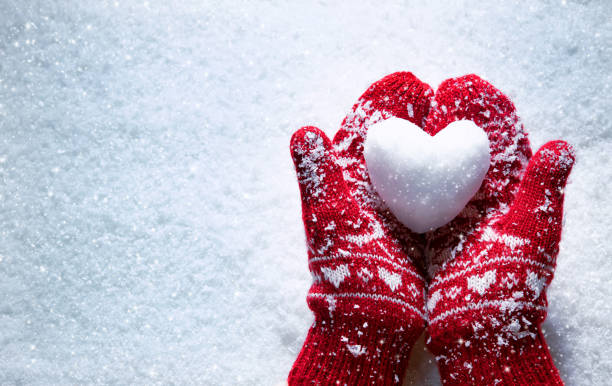The #1 Rated Blood Sugar Formula
Does Hypertension Worsen in Winter?

Seasonal Variation in High Blood Pressure
Overall, the average systolic blood pressure was 5 points higher in winter than in summer. But researchers say the temperature-related effects on high blood pressure were greatest among those 80 and older.
Avoid drinking alcohol and caffeine as they can cause the body to lose heat rapidly. Make sure to keep your skin least exposed during cold days. In fact, dress in layers to conserve body heat. Eat a well-balanced diet consisting of variety of foods rich in essential nutrients that help lower blood pressure.
Risk factors of winter hypertension
Several possible factors connected with cold weather can contribute to increased hypertension.Some of these include:1
- Temperature: The relationship between temperature and blood pressure is inverse – low temperatures cause blood pressure to increase and vice versa. While this is applicable to the population as a whole, it is of greater relevance among those with hypertension.
- Vitamin D: A correlation has been established between low or deficient vitamin D and hypertension. Further, there is a tendency for vitamin D levels to spike during the warmer months and drop during autumn and winter. The risk of hypertension and its worsening can be attributed to vitamin D deficiency.
- Hormones: Several hormones play a role in altering blood pressure. While studies have indicated that some hormones, including vasopressin, epinephrine, norepinephrine and aldosterone, can cause seasonal variations to blood pressure, only norepinephrine has been proven to raise blood pressure to a noticeable extent when the external temperature falls.
- Physical activity: In almost every case, it has been observed that physical activity is much higher in summer than in winter. The relation between physical activity and blood pressure has a strong, inverse relation. In fact, physical activity is among the main prerequisites to managing hypertension effectively. While the precise mechanism in which physical activity helps in managing blood pressure remains unknown, it is shown that absent or limited amounts of physical activity causes hypertension to worsen.
Here are some tips that can prove useful:1
- Keeping warm: This is important for the elderly in general, as well as those with hypertension. Some measures to implement this include monitoring indoor heating mechanisms and wearing warm clothing.
- Lifestyle changes: It is necessary to understand our body in relation to the weather and make changes accordingly. Improving our dietary habits and ensuring more physical exercise will help control hypertension to the best possible extent. The ideal way to make this happen is to see that levels of activity are at least at par with summer schedules.






